RESEARCH THEMES
RESEARCH Streams
SHORTCUTS
Want to know more about our research? Click here!
INTERDISCIPLINARY COURSES
Stockholm Resilience Centre offers interdisciplinary courses on first (Undergraduate), second (Master's) and third (PhD) levels of University education. Want to know more about our courses? Click here!
POLICY and Practice
Our engagement in science-policy-practice activities has increased steadily over the years and range from high-level UN dialogues to local resilience assessments. Want to know more about our policy work? Click here!

Photo: Orbital Joe/flickr (image has been cropped)
stockholm seminar
The Legacy Effect: How segregation and environmental injustice unfold over time in Baltimore
Seminar with Morgan Grove, SESYNC Scholar in Residence and US Forest Service, 12 October 2017
Text
Legacies of social and environmental injustices can leave an imprint on the present and constrain transitions for more sustainable futures. In this seminar, Morgan Grove uses the city of Baltimore from the late 1880s as a case study to investigate the relationship between histories of segregation and environmental inequality, creating legacies that persist in the landscape to this day. Manifest in the distribution of environmental disamenities such as polluting industries, urban heat islands, and vulnerability to flooding, they are also evident in the distribution of environmental amenities such as parks and trees.
Grove argues that the interactions among historical patterns, processes, and procedures over the long term are crucial for understanding environmental injustices of the past and present and for constructing sustainable cities for the future.
About Morgan Grove
Morgan Grove is a social scientist and Team Leader for the USDA Forest Service's Baltimore Urban Field Station and a Scholar in Residence at SESYNC (National Socio-Environmental Synthesis Center). He joined the USDA Forest Service in 1996 and has been a Co-Principal Investigator in the Baltimore Ecosystem Study (BES) since its beginning in 1997.
Morgan Grove has received several awards for his local work in Baltimore and its national and international relevance, such as the President’s Early Career Award for Scientists and Engineers in 2001. He is the lead author for The Baltimore School of Urban Ecology: Space, Scale, and Time for the Study of Cities, which advances a new school of urban ecology for the 21st century.
Grove has a B.A. from Yale College with a dual degree in Architecture and Environmental Studies, a M.F.S. in Community Forestry from Yale University and a Ph.D. in Social Ecology from Yale University.

Stockholm Resilience Centre
Stockholm University, Kräftriket 2B
SE-10691
Phone: +46 8 674 70 70
info@stockholmresilience.su.se
Organisation number: 202100-3062
VAT No: SE202100306201



